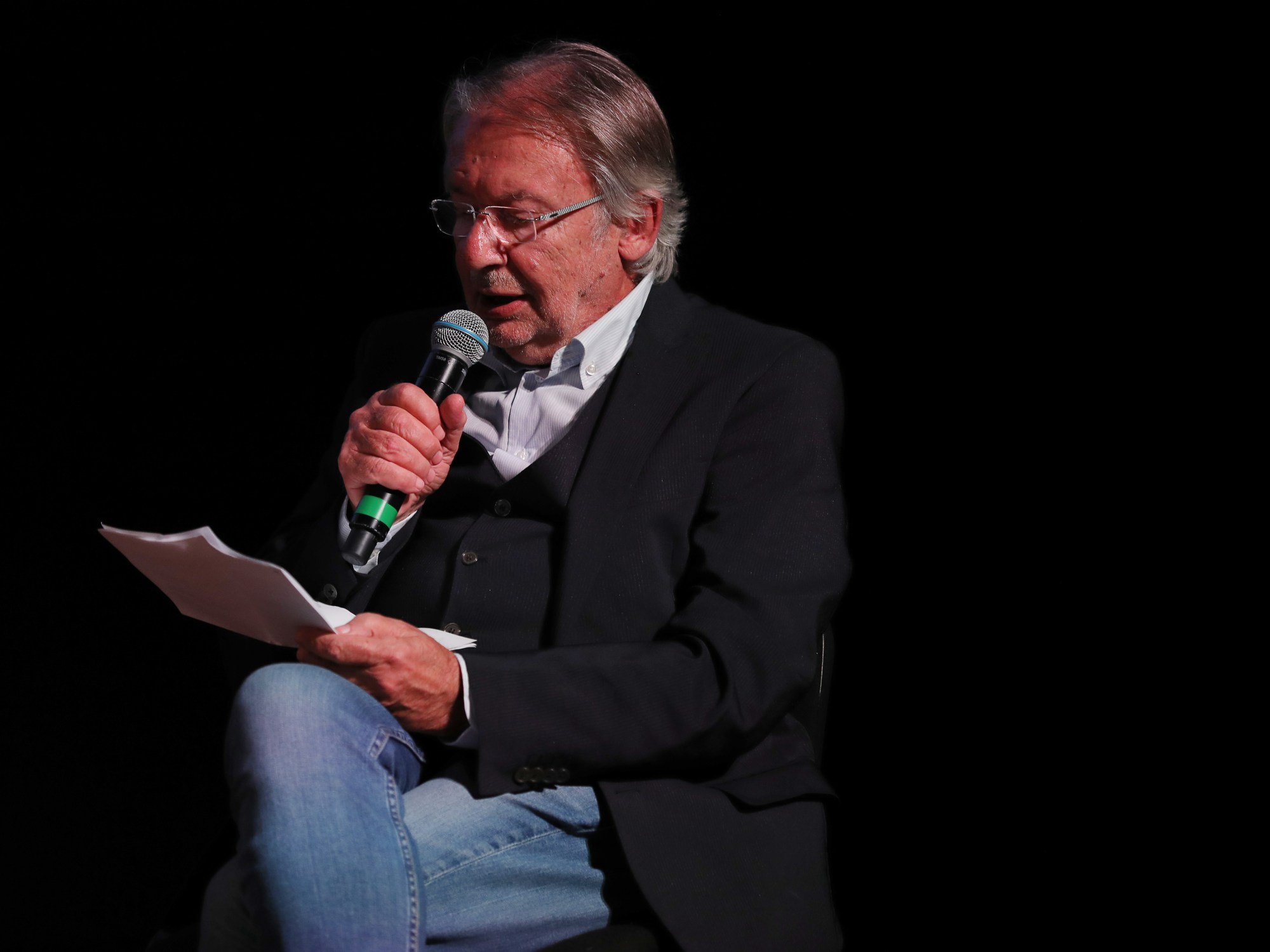
- Interviews
Felice Laudadio on Film Festivals: “The key to create a successful festival is …”
Bif&st-Bari, a small international film festival offering a broad selection of high cultural films, has vastly become one of the leading cinematic events in Italy, a jewel of a place where many artists are awarded the Federico Fellini Platinum Award for Cinematic Excellence. Journalist, film, and television critic, Felice Laudadio has a long history as cultural director in multiple Italian film festivals and is the artistic creator, founder, and director of Bari International Film Festival, which is held in four beautiful theatres, with the stunning Teatro Petruzzelli being one of the most beautiful theatres in the world.
You have directed many prestigious Italian film festivals in the past, including the Venice Film Festival. What are the key ingredients to create a successful film festival such as Bari?
For me, the key to create a successful festival is to invite as many artists and film directors to the festival as possible. Of course, I am not going to lie, it is always easier to get European talent to come, mainly because we are dealing with an economic budget and it’s less expensive than having to book flights for directors and actors from America. It’s imperative that an audience during a film festival has the ability to connect with the director, actor, and artist. This sort of warm atmosphere and interaction between talent and the public is key to creating wondrous small film festivals.
You have an enormous passion for films. Tell us when did your love for cinema started?
I was born in a cinema. Well not really, but I could have been. You see, my grandfather owned a movie theatre in Mola Bari, a very small village, where I was born and when I was just a small boy, my parents would go every single day with me to the movie theatre, it was a totally normal thing for them to do. Every day of the week a different film was shown, except for Saturday and Sunday, then they played the same picture. My young life as a kid was spent in the theatres where I experienced many different genres of movies. It’s there that my passion for cinema grew.
How important are film festivals still in today’s world?
At the moment, there are so many film festivals, some are great, others are not so good. I have had the luck to organize wonderful great film festivals, festivals that can help promote the arts, cinema, and movies. The biggest challenge or crisis we are facing at this moment is to find great quality Italian movies. Of course, with a few exceptions such as Italian filmmakers, Paolo Sorrentino or Martone and others. Also, as there are simply too many festivals, we constantly have to battle against them. Who gets the overture, the opening gala, so it’s of great importance to build excellent relationships with the studios and distributions companies to get the movie and talent. The fundamental ambition to create a successful festival is having our public still be able to interact with the directors and actors. This communication with the public and talent creates the real success of a small film festival. To still be able to create moments spent with an interesting director who is still approachable, warm, and without a guard, such as for example a Pedro Almodóvar.
Cinema theatres are struggling to survive, how will they be able to stay alive?
If only one knew what to do, to keep the big screen alive! It has almost become impossible. The real war that we are facing are the numerous available platforms. Netflix, Amazon, and Hulu are the ones destroying the experience of the big screen.
I think film festivals need to find a way to reinvent themselves so people will keep going to a cinema. I surely understand the importance of these platforms, especially for a producer but we have to create a revolution against television for we simply can’t let the movie theatres die.
Award season is just behind us, and the Cannes Film Festival is just around the corner. How important are all these awards in today’s world?
I believe they are very important, they are imperative for actors, writers, and directors. Especially the Oscars, a truly top-of-the-line award for anyone. Not only for the talent, the artist, the writer or director but also for commercial reasons. An Oscar-winning movie will get a theatre release and the actor or director who wins immediately gets new job opportunities. All awards are vital, winning a Lion d’Or at the Venice Film Festival is great, but doesn’t guarantee success. Some films that won there were never released in big movie theatres and one has to keep the campaign train going. Winning an Oscar, however, is simply the biggest, most important statue to gain.